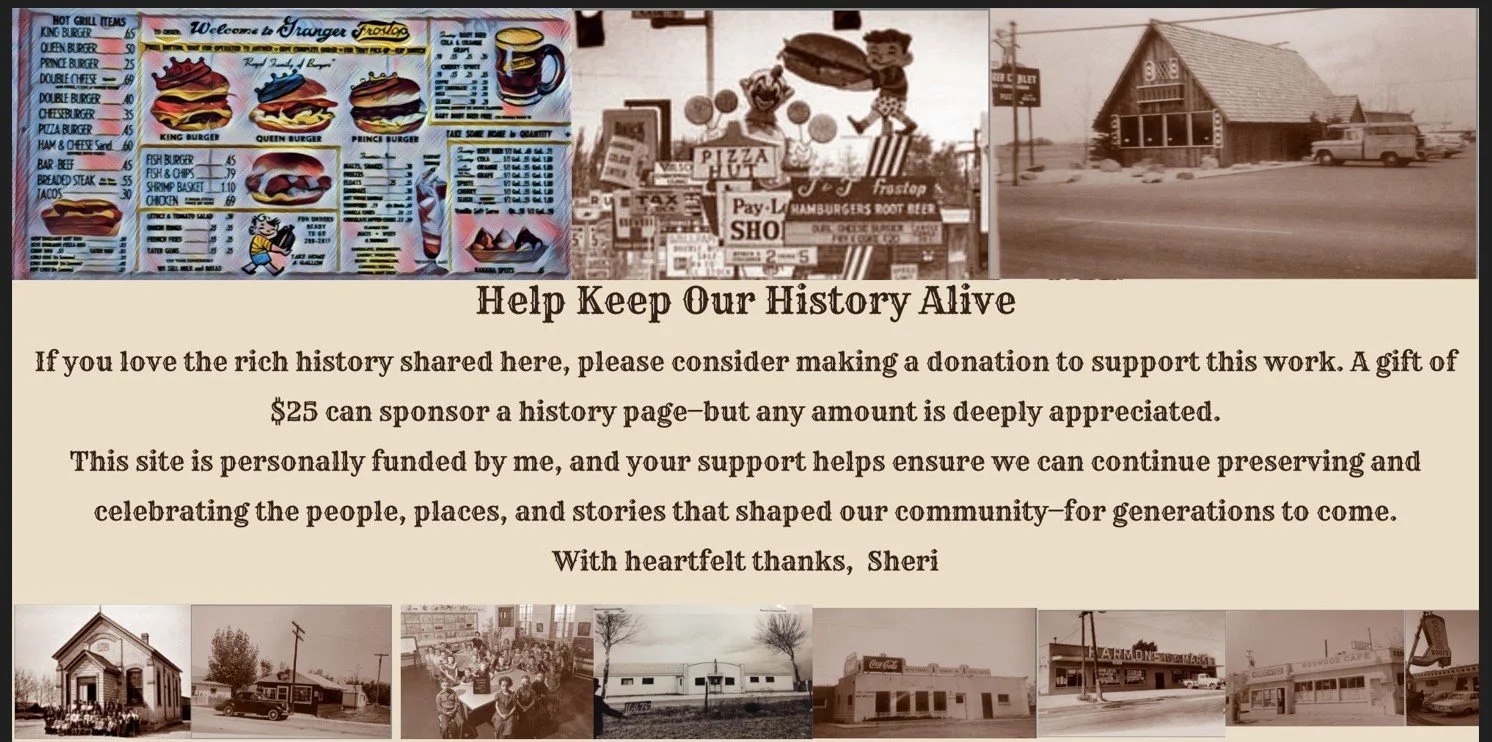The William H & Barney Florence Woodbury Farmstead: A Century-Old Landmark in West Valley
Tucked away at 3790 South 3600 West stands one of West Valley’s most remarkable surviving farmhouses—the Woodbury Farmstead, a 1913 bungalow built of sturdy brick and cobblestone. For over a century, this home has been a witness to the valley’s transformation from open farmland to thriving city.
The bungalow, with its handcrafted woodwork, built-in bookcases, and solid hardwood floors, reflects the early 20th-century craftsmanship that families like the Woodburys prized. Built on nearly an acre of land, the property still carries its original purpose as a working farmstead. Behind the home, you’ll find the barn, silo, chicken coop, and well—all reminders of a time when families raised their own food and livestock on these fertile plots.
What makes the Woodbury Farmstead especially rare today is its preservation of both house and outbuildings together. Many similar farmsteads across Granger and Hunter were demolished or divided as subdivisions and commercial developments spread during the mid-to-late 20th century. Yet here, the story of West Valley’s farming roots can still be seen in the original bungalow and its agricultural companions.
The home also retains its animal rights designation, a holdover from its early days, when chickens, cows, and horses would have been essential to family life. In its heyday, the barn stored hay and sheltered animals, while the silo stood as a symbol of progress in local agriculture.
Today, the Woodbury Farmstead is more than just a historic home—it’s a living time capsule, standing as one of the few intact farmsteads in the city. Its cobblestone walls and weathered barn boards whisper the story of families who built their lives through hard work, faith, and community in the once-rural heart of the valley.









